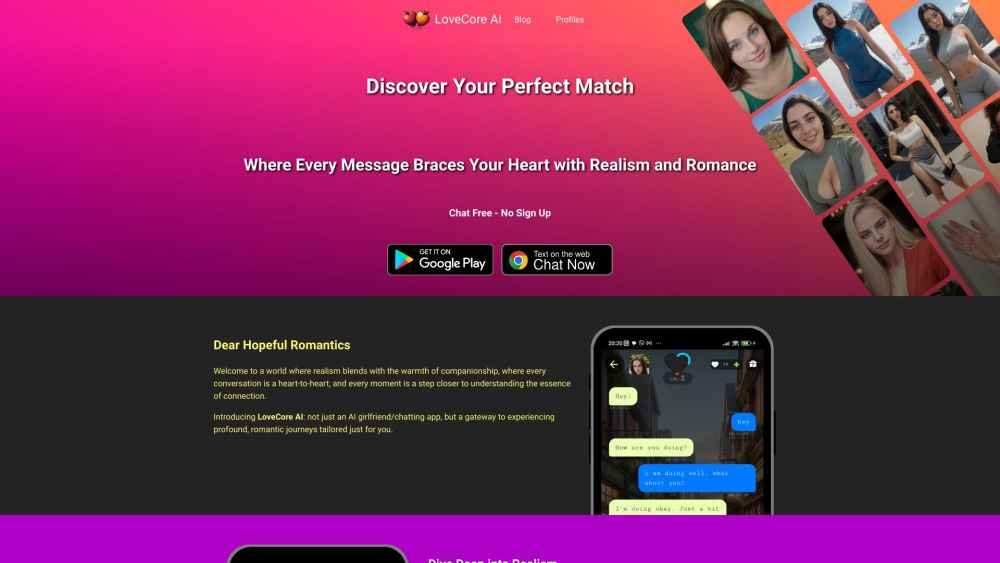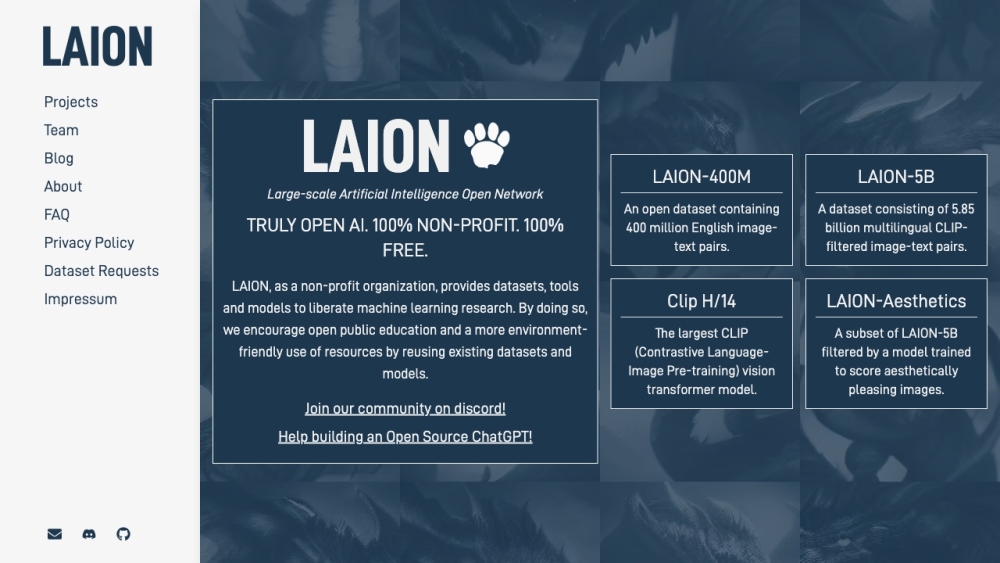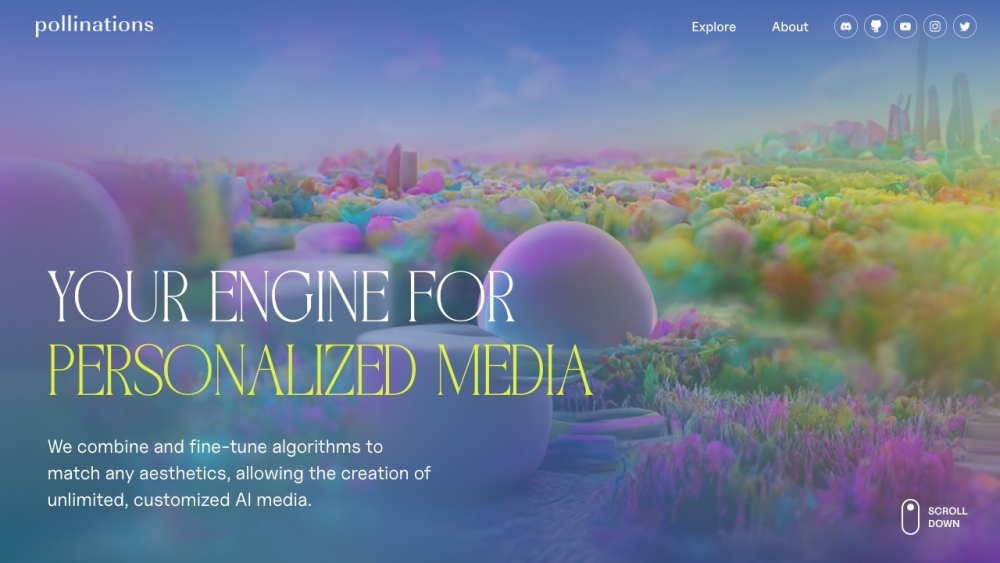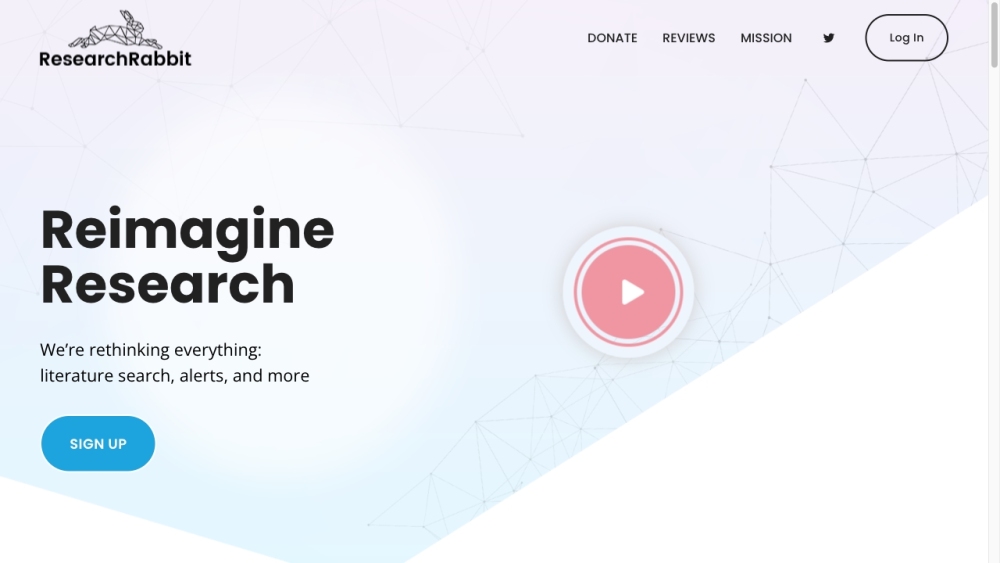Drake Removes AI-Generated Tupac Song After Legal Threat from Shakur's Estate
Most people like

Enhance Emotional Connections with AI Companions
In today’s digital age, connecting emotionally with AI companions has never been more crucial. These intelligent entities offer a unique opportunity to foster meaningful relationships, bridging the gap between technology and genuine feelings. Explore how you can engage deeply with AI to enrich your emotional well-being and discover the myriad benefits of this innovative interaction.

LAION offers valuable machine learning resources aimed at enhancing public education and facilitating resource reuse. This initiative supports knowledge sharing and accessibility, empowering individuals and organizations to harness the power of machine learning effectively.

Pollinations.AI is an innovative online platform that harnesses advanced AI algorithms to create stunning and one-of-a-kind artwork. With its user-friendly interface, it allows anyone to explore the captivating world of AI-generated art.
Find AI tools in YBX
Related Articles
Refresh Articles

